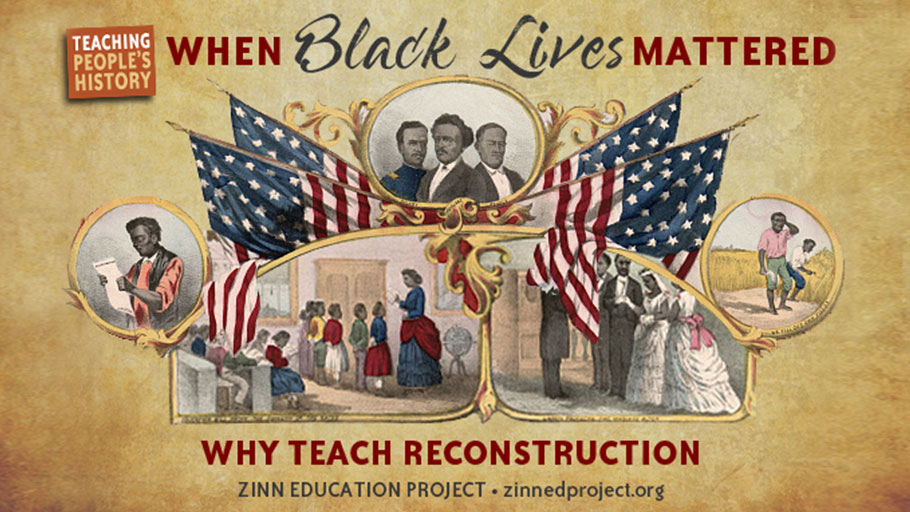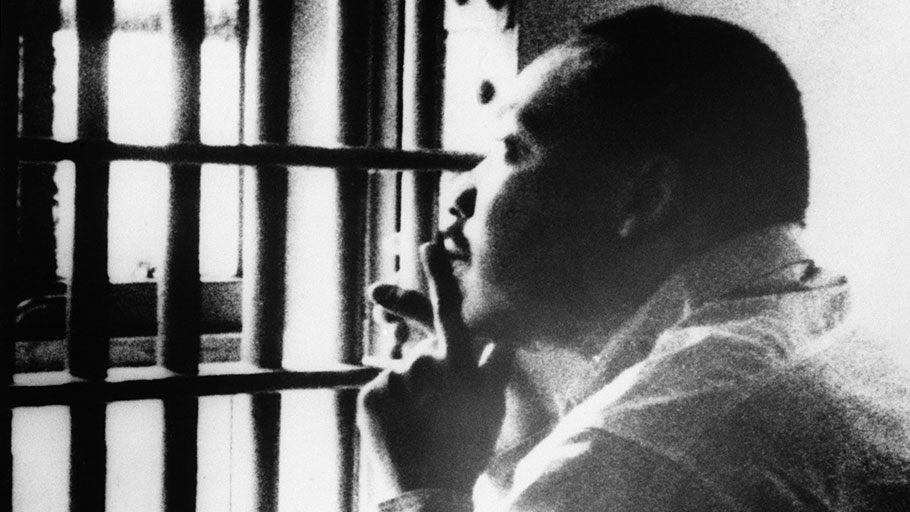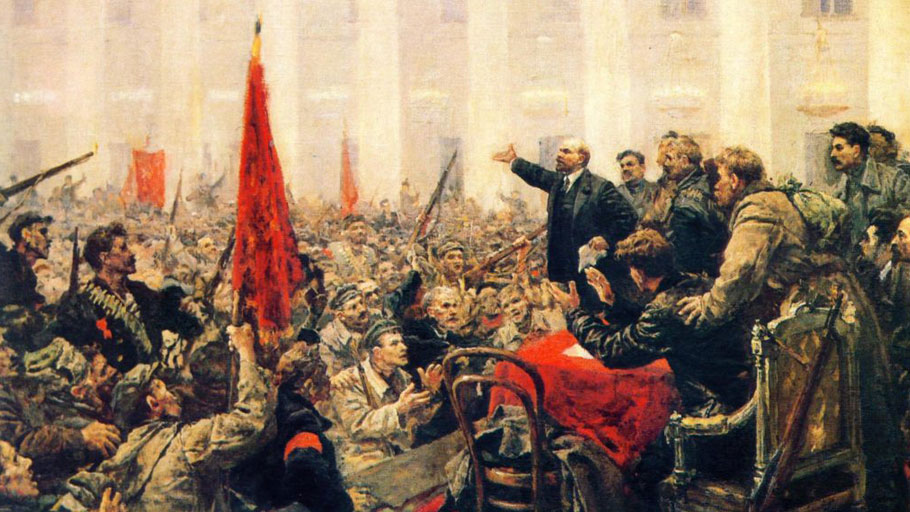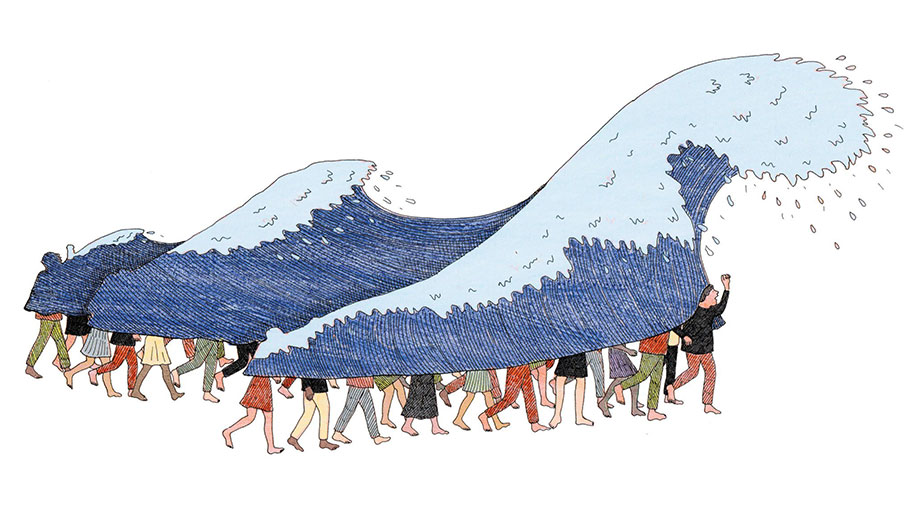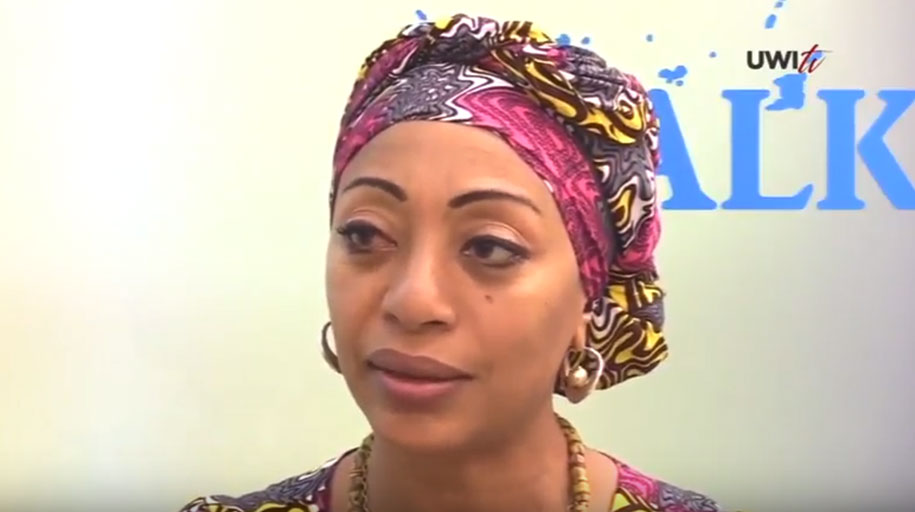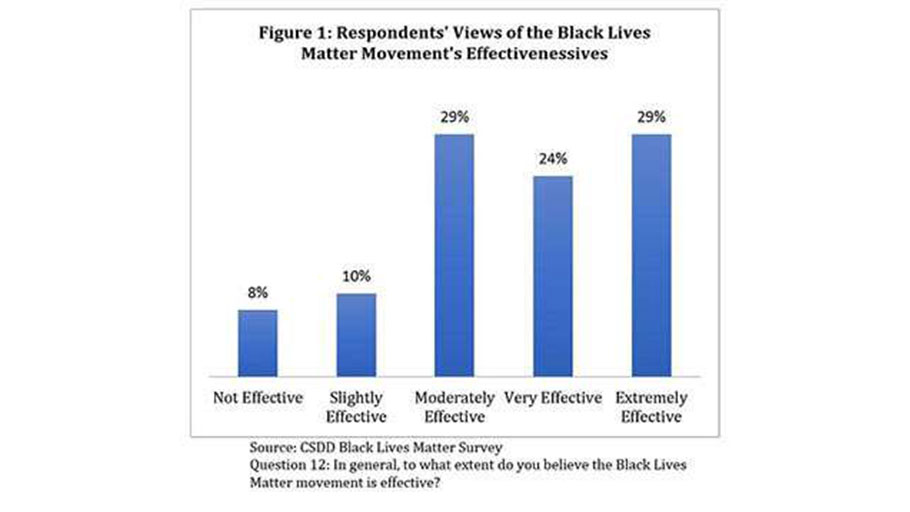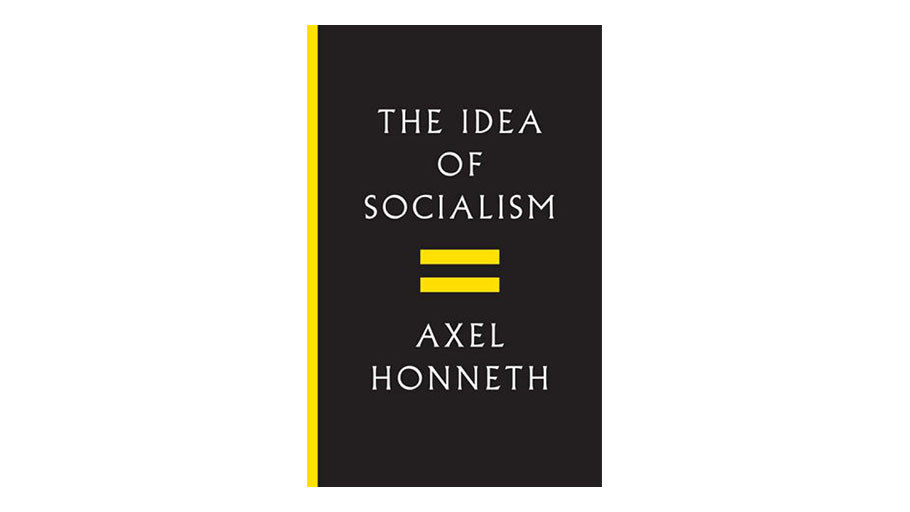
By William Rivers Pitt, Truthout — Most Americans’ broad ignorance regarding Africa is a long-standing phenomenon, one perpetuated from the top down. In 2008, the campaign staffers tasked to wrangle Sarah Palin were terrified people would discover she thought Africa was one big country. In 2001, President George W. Bush told a gathering in Sweden, “Africa is a nation that suffers from incredible disease.” Vice President Joe Biden, speaking to none other than the…

